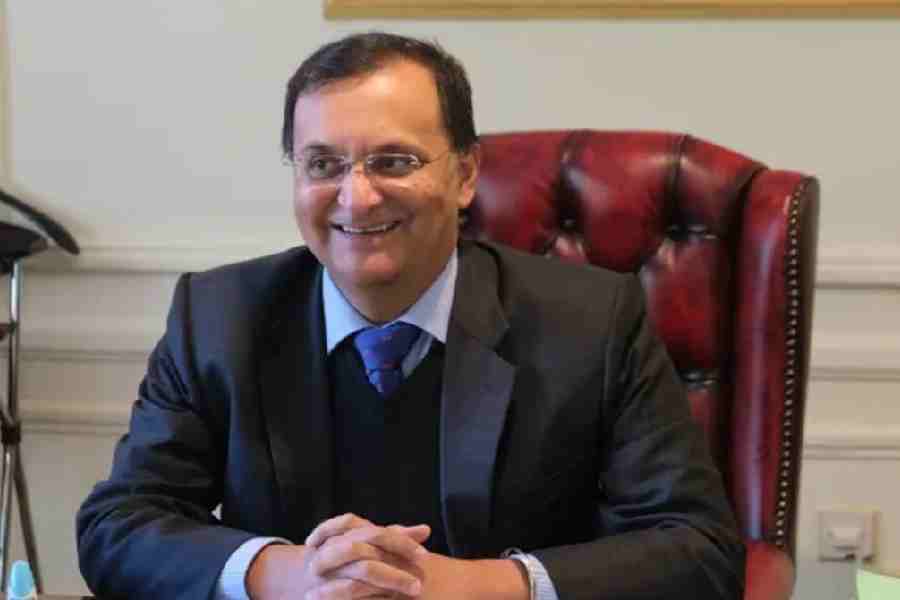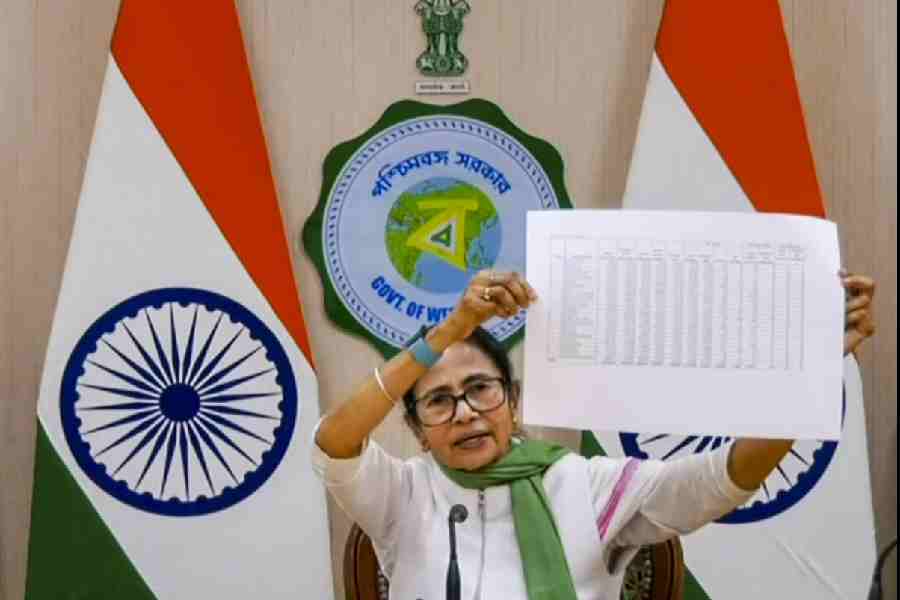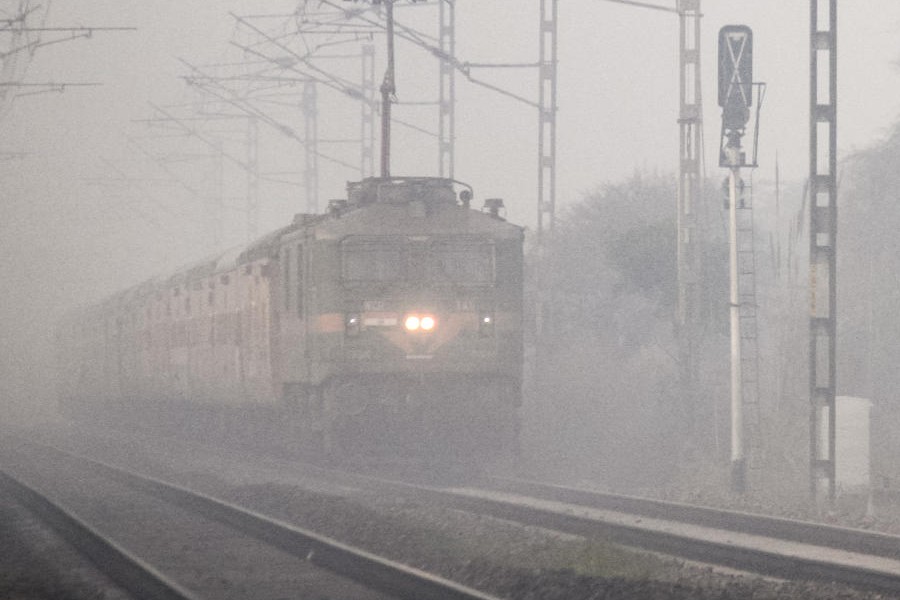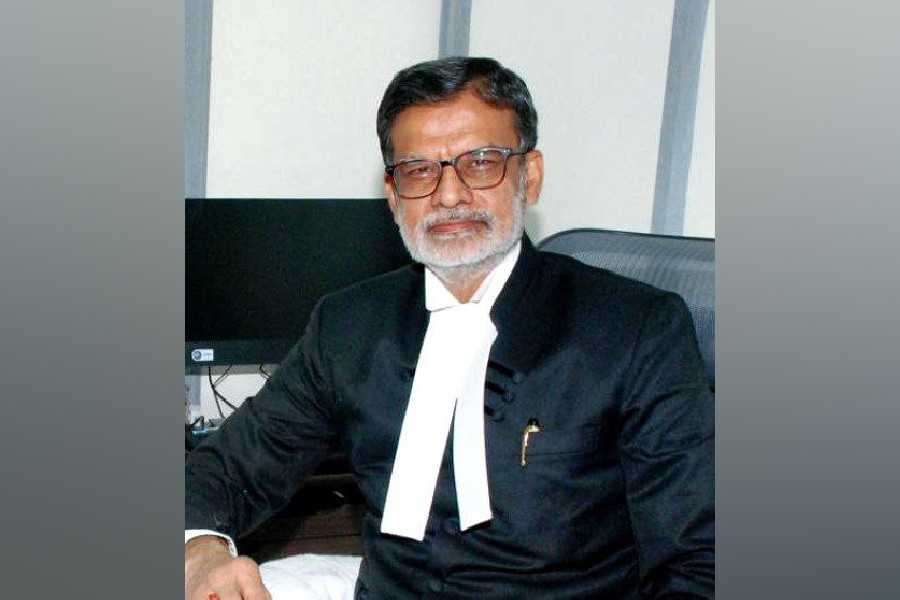During the British Raj, the ICS (Indian Civil Service) was considered a 'heaven-born service'. Even in today's India, attaining the status of babudom is no cakewalk. Every year, lakhs of candidates across the country sweat their guts out to write the gruelling Civil Services Examinations (CSE) conducted by the Union Public Service Commission (UPSC) to select, among others, Indian Administrative Service (IAS), Indian Police Service (IPS) and Indian Foreign Service (IFS) officers.
In a bonanza of sorts to aspirants, the ministry of personnel issued an order last week allowing them two more attempts at cracking the exam. In other words, the number of attempts for general category candidates will be raised from four to six and from seven to nine for Other Backward Castes (OBC) aspirants. However, there is no cap on the number of times Scheduled Castes (SCs) and Scheduled Tribes (STs) applicants can appear for the exam. The new rules are effective from this year's UPSC exams.
Needless to say, the move has triggered a furious debate on whether it will ensure abler future bureaucrats. Some say the order is manna from heaven for most candidates who are still grappling with the radical changes in the pattern of the preliminary exams in 2011 and the introduction of newer elements in the mains last year. (The UPSC exams consist of prelims in a multiple choice questions format, a main written examination and an interview, all conducted over a period of 18 months or so.)
But there are others who consider this decision by the Centre nothing more than a sop to voters before the Lok Sabha elections. 'This decision has a political implication — on the eve of polls, every vote counts,' says retired IPS officer Kiran Bedi.
The events that led to this decision by the ministry of personnel are as follows. Apparently, there were protests against the changes in the exam pattern right from 2011. Several aspirants even petitioned Rahul Gandhi to allow them additional attempts to overcome the difficulties in the new format. Even some political parties such as the Janata Dal (United) threw their weight behind the agitation. In a letter to Prime Minister Manmohan Singh a few months ago, JD-U chief Sharad Yadav wrote that the changes had greatly inconvenienced students with non-English backgrounds and demanded a relaxation in the age limit and an increase in the number of attempts. 'We support the Centre's decision — this is a step we welcome,' says K.C. Tyagi, national spokesperson, JD-U.
The much-criticised 2011 changes in the prelims included replacing the subject-based optional paper with a general studies paper with a stress on current events, logical reasoning, analytical abilities and other things, aimed at making the preliminary tests more aptitude-oriented and less predictable.
Based on the recommendations of an expert committee headed by former University Grants Commission chairman Arun Nigavekar, the 2013 changes in the written exam enhanced the importance of general studies by adding two specific papers as well as a compulsory paper in English. 'Earlier, the government said that there would be a paper in English and marks scored in that paper would be added to the total,' says Amal Kumar Mukhopadhyay, former principal of Presidency College and currently associated with the IAS training centre on the campus. 'So there was an uproar in Parliament and that was eventually withdrawn.'
-

CIVIL voice: UPSC aspirants demand changes in the examination pattern
Experts point out that one shouldn't view the decision to raise the number of attempts in the light of political motives only. 'Statistical data showed that many rural candidates couldn't adjust to the new format,' says D.P. Singh, senior counsellor, Rau's IAS Study Circle, Delhi, one of the leading UPSC exam coaching centres in the country. 'Justice has been served.'
He adds that this will help students who are taking their last exam or those who are about to exhaust all their attempts at cracking the exams.
Others stress the intense competitiveness of the exam. The numbers are daunting. As per a UPSC report, the number of applicants has more than doubled to 27,38,489 in 2012-13, from 11,14,408 in 2007-08. What's more, last year fewer than 1,000 candidates were finally chosen. 'The UPSC is the toughest exam in India and one needs time to acclimatise oneself to the format,' says the former Presidency principal.
Agrees Arun Bhatia, former IAS officer and ex-municipal commissioner of the Pune Municipal Corporation and president of the Pune-based People's Guardian Party. 'In a way, raising the number of attempts is good because sometimes candidates fail to crack the exam for a lot of factors such as arbitrary assessment in interviews, personal difficulties or even just plain bad luck,' says Bhatia. But he stresses that there is no correlation between the number of attempts and the quality of candidates. 'You can try 20 times, but this doesn't ensure that you will fight corruption in the system,' he adds.
Others say relaxing the age limit for candidates has its own set of problems. 'The whole idea, even in the British era when civil services recruits used to get trained in Oxford and Cambridge, was to catch them young,' says Bikram Sarkar, former IAS officer and MP who also set UPSC question papers a few years ago. 'I'd personally like the age to be capped for general candidates at 25 and at 29 for backward classes. This is because when you are pushing 30, there will be a hardening of attitudes.' He explains that a candidate in his 30s will have a poorer power of assimilation and wouldn't be easy to train.
Agrees Kiran Bedi, who would like to see more and more young IAS, IPS and IFS officers who can walk that extra mile. 'Older candidates are likely to have fewer years of service and hence are unlikely to lead,' says Bedi. 'Stakeholding goes down. Their attitudes are firmed up and they are in most cases bogged down by heavy family responsibilities.' Besides, she points out, 'If you look at the IPS, it has rigorous training which 22 or 23-year-olds can cope with better,' says Bedi.
But academic experts contend that maturity helps. 'UPSC exams are not like army exams,' says Singh of Rau's. 'Older candidates bring experience to the table.'
Also, he points out that there have been instances in the past where older candidates have topped UPSC in their fourth attempt. Example: last year, Haritha V. Kumar, 28, from Kerala, topped the IAS exam at her last attempt.
Wouldn't increasing the number of attempts provide a greater level playing field for underprivileged candidates? 'It certainly would,' says Arif Ahmed, administrative officer at the Azhagiya Kadan IAS Academy in Chennai which offers civil services coaching to Muslim youths mainly from underprivileged backgrounds.
Others say that there are reservations in the civil service system already. 'We should remember UPSC is not just a recruitment option or a place giving jobs to people — this concerns nation building,' says Bedi. 'So what should be the objective — just giving aspirants more chances to crack the exam or ensuring quality candidates and service to the nation?'
For the time being at least, the only objective of the government seems to be to keep those whopping number of candidates happy.












